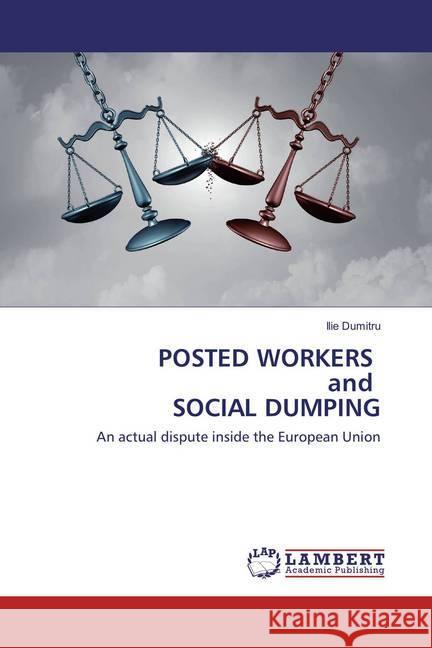POSTED WORKERS and SOCIAL DUMPING : An actual dispute inside the European Union » książka
POSTED WORKERS and SOCIAL DUMPING : An actual dispute inside the European Union
ISBN-13: 9786135782035 / Angielski / Miękka / 2018 / 200 str.
The concept of "European posting of workers" mainly covers the situation where a company located in one EU country posted an employee to work in another country, when it has to provide a service in that state. Such a situation is circumscribed to the principle of free movement of persons and services, which is one of the foundations of the European Union. In the context of the Iron Curtain fall, a shift of workers from East to West was predictable, including through the posting mechanism. This kind of evolution has also been faced by the EU in previous enlargements. In the last decade, this posting of workers was considered by West European countries as "social dumping". But is this "social dumping" real? Does the current ability of companies from lower-wage and lower living standards countries to post their workers in richer European countries even causes to the last ones a social dumping effect for their national economies? Or, on the contrary, social dumping is just a pretext, behind which is hidden their desire to ensure economic protectionism for their own country, which also implies a blocking of the access of workers of other states to their labor market?











